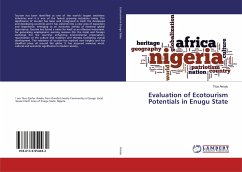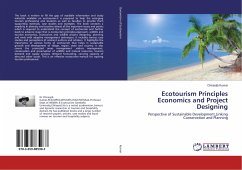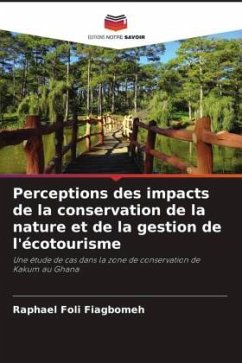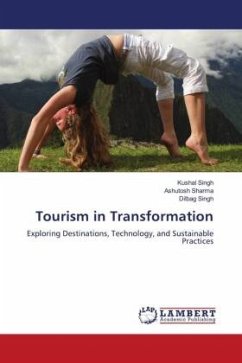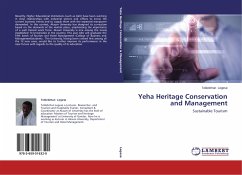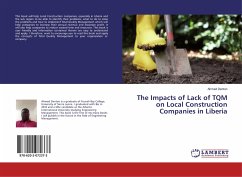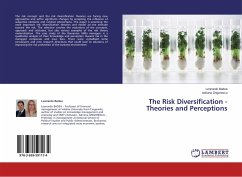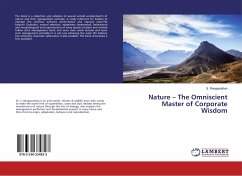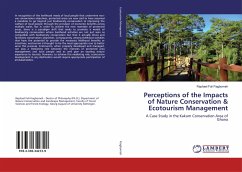
Perceptions of the Impacts of Nature Conservation & Ecotourism Management
A Case Study in the Kakum Conservation Area of Ghana
Versandkostenfrei!
Versandfertig in 6-10 Tagen
51,99 €
inkl. MwSt.

PAYBACK Punkte
26 °P sammeln!
In recognition of the livelihood needs of local people that undermine non-use conservation objectives, protected areas are now said to have assumed a mandate to go beyond just biodiversity conservation to improving the welfare of local people through the provision of economic benefits across multiple scales. But in order to achieve the new mandate of protected areas, there is a paradigm shift that seeks to promote a model of biodiversity conservation where livelihood activities are not just seen as compatible with biodiversity conservation but that it actually drives and facilitates conservati...
In recognition of the livelihood needs of local people that undermine non-use conservation objectives, protected areas are now said to have assumed a mandate to go beyond just biodiversity conservation to improving the welfare of local people through the provision of economic benefits across multiple scales. But in order to achieve the new mandate of protected areas, there is a paradigm shift that seeks to promote a model of biodiversity conservation where livelihood activities are not just seen as compatible with biodiversity conservation but that it actually drives and facilitates conservation objectives. Consequently, among livelihood activities that have the potential to provide the necessary livelihood benefits or incentives, ecotourism is thought to be the most appropriate one to better serve this purpose. Ecotourism, when properly developed and managed, can play a mediating role between the interests of protected area management and local people and as well give an exciting nature experience to tourists. However, to achieve this mediating role, ecotourism development in any destination would require appropriate participation of all stakeholders.



